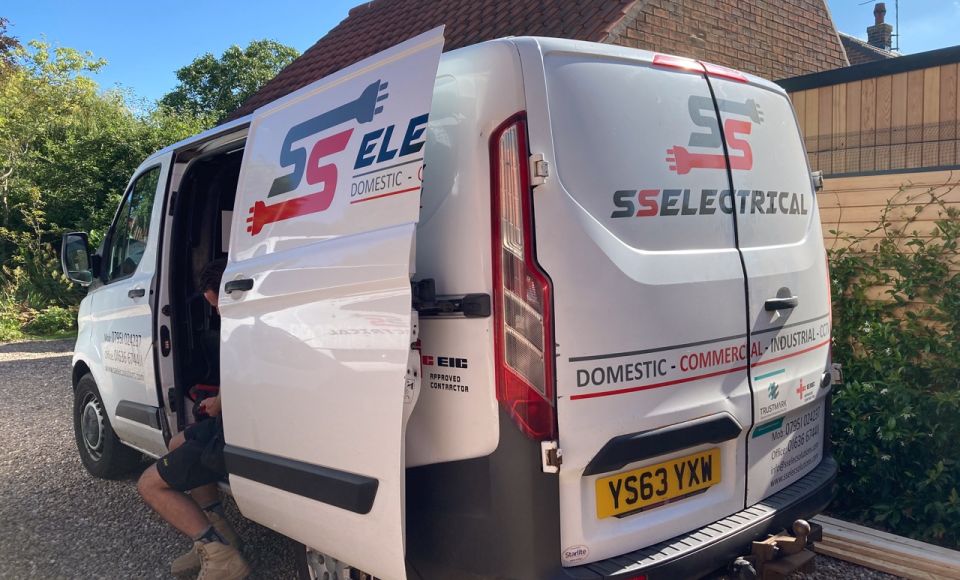
As the world embraces renewable energy solutions, solar panels have emerged as one of the most popular choices for sustainable power generation. Harnessing the energy of the sun, solar panels have proven to be efficient, cost-effective, and environmentally friendly. However, when it comes to connecting solar panels to the grid, understanding Distribution Network Operators (DNOs) is crucial. In this comprehensive guide, we will delve into the world of DNOs for solar panels, providing insights and tips to ensure a seamless integration process.
What are DNOs, and why are they important for Solar Panels?
Distribution Network Operators (DNOs) are essential entities responsible for managing and maintaining the electricity distribution network in specific geographical regions. Their role is pivotal in ensuring a safe and reliable electricity supply to homes, businesses, and renewable energy generators, such as solar panel installations.
To find out who your DNO is, click here.
When connecting solar panels to the grid, DNOs play a crucial role in the following aspects:
- Grid Connection Process: DNOs oversee the process of connecting solar panel systems to the electricity grid. They assess the capacity and capability of the local grid to accommodate the additional electricity generated by the solar panels.
- Safety and Compliance: DNOs ensure that solar panel installations comply with safety standards and regulations. They conduct thorough assessments to prevent any potential hazards and guarantee a secure integration.
- Grid Stability: As more solar panel installations are connected to the grid, DNOs monitor the overall stability and balance of the electricity network. This is crucial to avoid grid overload or power outages.
Key Considerations for Solar Panel Owners
- Contacting the Local DNO: Before installing solar panels, it's essential to get in touch with the local Distribution Network Operator. They will provide guidance on the connection process and any specific requirements for your area.
- Grid Capacity Assessment: DNOs will evaluate the capacity of the local grid to accommodate the additional electricity generation from your solar panels. This assessment will determine if any grid reinforcement or upgrades are necessary.
- G99 Compliance: Solar panel installations with a capacity above a certain threshold are subject to G99 regulations, which ensure the safe and efficient integration of renewable energy sources. DNOs will guide you through the G99 compliance process.
- Grid Connection Agreement: Once the grid capacity assessment is complete and all necessary requirements are met, you'll need to sign a grid connection agreement with the DNO. This agreement will outline the terms and conditions of the connection.
In conclusion, embracing solar panels as a sustainable energy solution is a step towards a greener future. Understanding the role of Distribution Network Operators (DNOs) in the integration process is vital to ensure a smooth and efficient connection to the electricity grid. By collaborating with DNOs and following their guidelines, solar panel owners can contribute to a cleaner environment while benefiting from reliable and cost-effective renewable energy.
If you are considering installing solar panels, head to our website to discover the broad range of solar panel packages we offer. Don’t forget to reach out to your local DNO and embark on your journey towards a cleaner, brighter future today.



